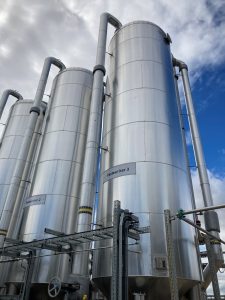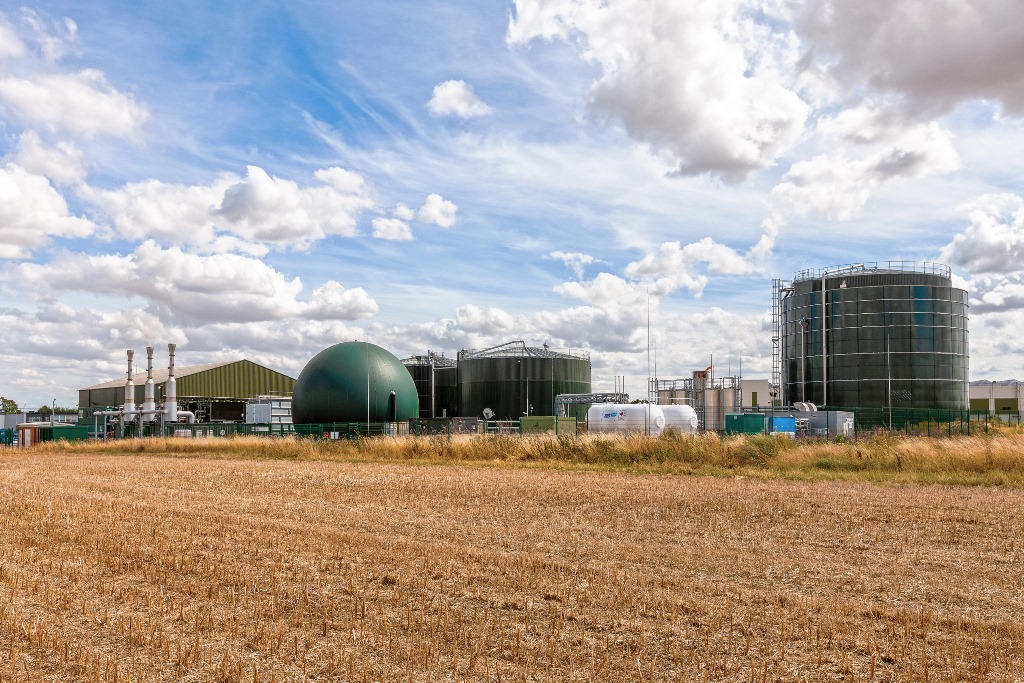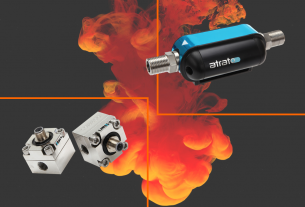In any kind of processing, waste is almost always inevitable. However, we should aim to reduce as much waste as possible. As we know, waste costs money and impacts the environment negatively.
 A large amount of commercial waste in the food and drink sector is, of course, food waste, which can have a significant financial impact on the business. For quality-orientated businesses, the loss of high-quality produce that could have been sold and consumed is devastating, not to mention the cost to dispose of this waste. However, components like oils, fats, bones, and shells are always going to need to be disposed of eventually, and this is the difference between avoidable and unavoidable food waste.
A large amount of commercial waste in the food and drink sector is, of course, food waste, which can have a significant financial impact on the business. For quality-orientated businesses, the loss of high-quality produce that could have been sold and consumed is devastating, not to mention the cost to dispose of this waste. However, components like oils, fats, bones, and shells are always going to need to be disposed of eventually, and this is the difference between avoidable and unavoidable food waste.
Alongside the financial impact of food waste, the environment is affected by throwing away food, too. When food is thrown into landfills, it goes through a process called anaerobic decomposition, which releases harmful greenhouse gases (GHGs), Carbon Dioxide (CO2) and Methane (CH4) into the atmosphere. By disposing of food waste in this way, businesses add to their carbon footprint.
The GHGs released through landfill food disposal are the main culprits for climate change. If you’re looking to improve your business’s green credentials, properly recycling your food waste will significantly reduce your GHG production.
As a consumer, a business’s commitment to the environment is crucial. Therefore, as an environmentally friendly business, you will attract new customers, as people tend to support businesses that share their values.
These factors mean that it is in your best interest to keep your food waste to a minimum. We at BioteCH4 can help you with this; we are experts in food waste recycling and management. As such we can provide innovative insights to minimise your food waste.
Of course, it’s not possible to eliminate all food waste, but the inevitable should be disposed of responsibly. At BioteCH4, we use the process of anaerobic digestion to recycle food waste. Through this process, we capture the GHGs that would be released into the atmosphere through landfill disposal, and we use it to create biogas. Biogas can be sent to the gas grid or converted into electricity to power our process and neighbouring businesses. The slurry left behind from the transformed food waste, also known as ‘digestate’, is a great biofertilser for crops.
Want to talk sustainability and best business value for your food waste? Get in touch with us now.





